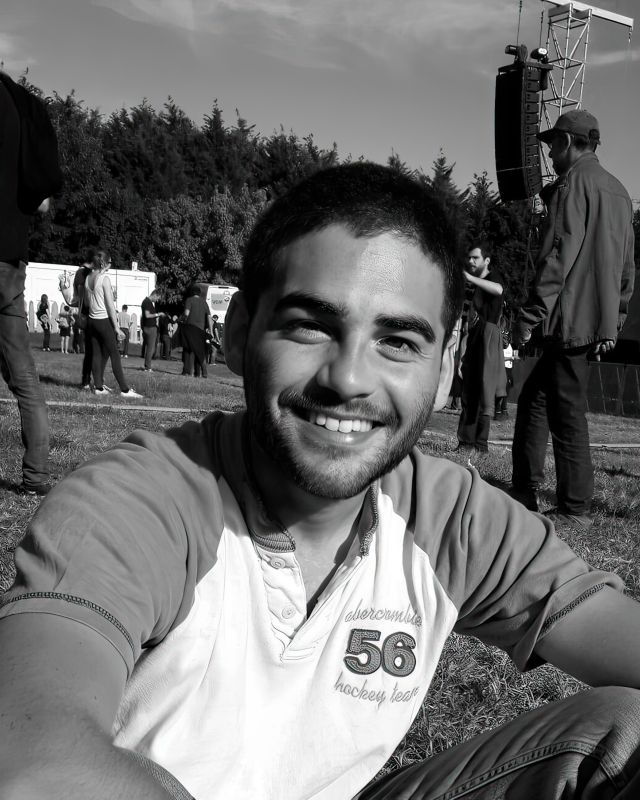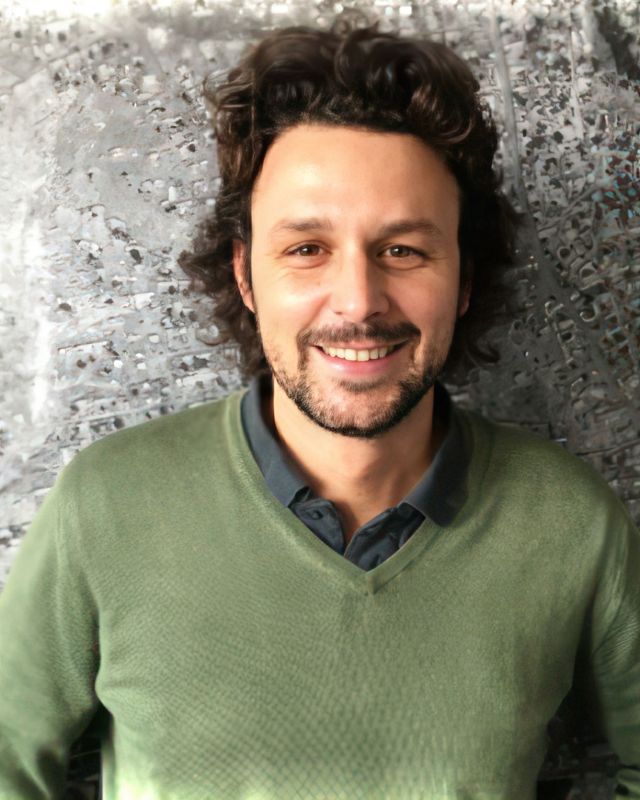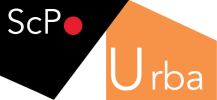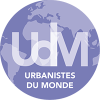Portrait
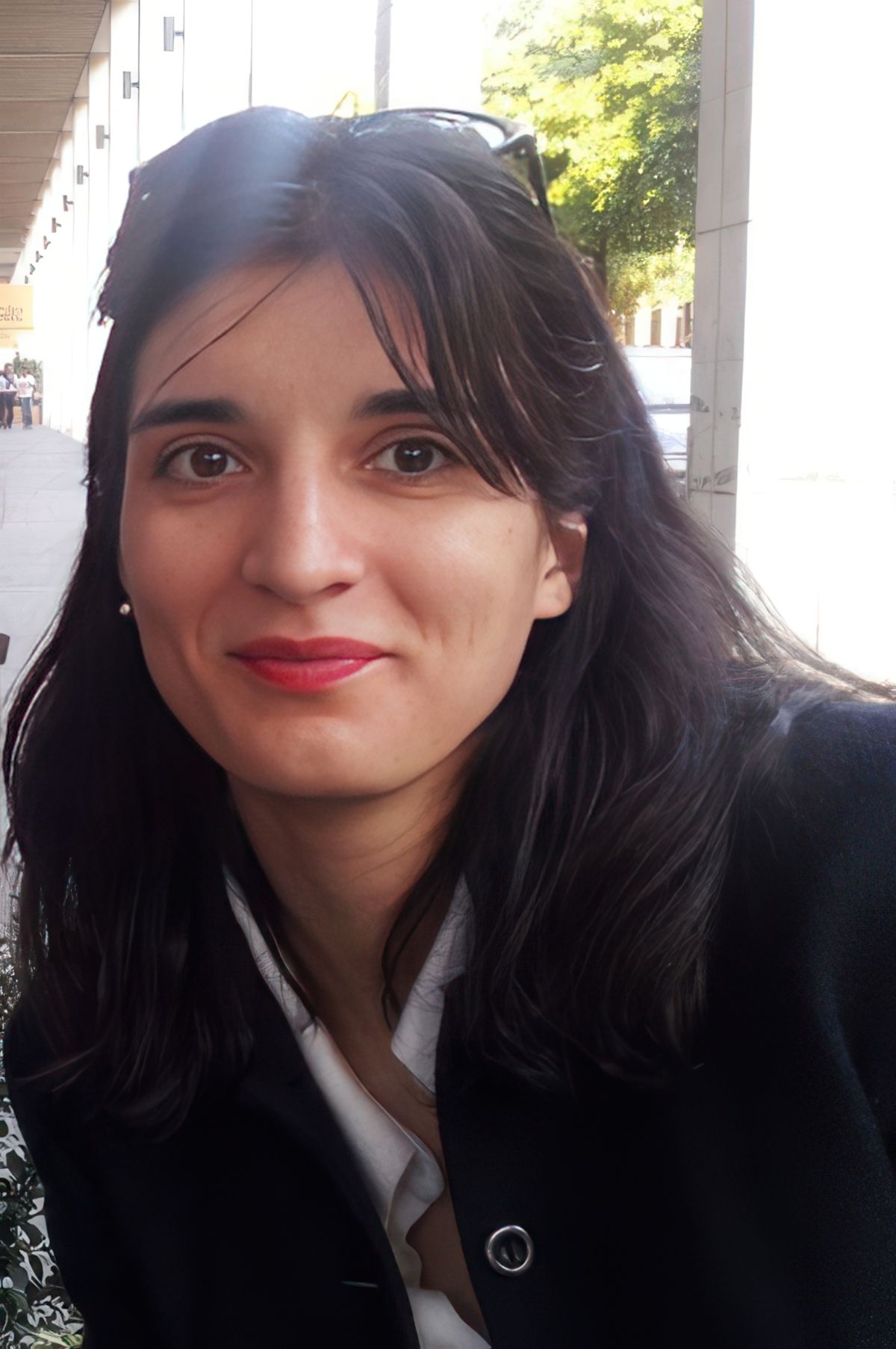
Gisèle Moret-Deysson - STU 2009 - Associate Professor of History and Geography in Preparatory Class
Published on | Alumni Portraits
Portrait created by Marion Bigay
Meeting with Gisèle Moret-Deysson, associate professor of history-geography in preparatory classes, graduated from the STU Master in 2009.
What did you do with the STU Master ?
During my first year of STU, I worked on a collective project studying the perception of densification during the public inquiry on the SDRIF for the Caisse des Dépôts et Consignations. I remember it as a very engaging project. It was truly intense : there were moments when we found ourselves dreaming about “SDRIF”, that's saying something! It was genuinely interesting both in terms of content and in how we collaborated as a group or conducted interviews with various stakeholders.
The study trip to Nantes was also an important moment in my journey through the master’s programme. It was there that I realised I didn't necessarily want to work in a local authority. I felt that I did not want my work to be partially determined by an electoral calendar or influenced by power dynamics. I indeed entered STU with a desire to work on cities and territories, but without a clear idea of how, and I believe many of us find ourselves in that situation, which is perfectly normal.
It was therefore during my journey through the master’s programme that things became clearer. To explore other avenues, I undertook an internship at an NGO in Latin America during the summer between the two years of the master's. The experience was very enriching: I worked on ecotourism projects in communities in the Pichincha province of Ecuador. However, while I learned a great deal, I did not feel completely in my element and still did not know which path to take after the master's.
What was your end-of-studies internship? How did you find it?
At the end of my second year in STU, I chose an internship at a research laboratory in geography. As I said earlier, I wanted to explore as many avenues as possible to make a decision for after the master’s. I had loved geography during my preparatory classes, and that is indeed what had led me to the STU master’s: being very focused on urban geography, I aimed to do something like "applied urban geography".
I discussed this with my STU professor on the "Cities of the South", Jean-Fabien Steck, who connected me with a geography professor who was looking for someone to conduct fieldwork for her new research programme. This programme focused on the analysis of social mixedness in gentrified neighbourhoods in Paris, London, and San Francisco.
The particularity of this analysis was that it centred on the issue of children (educational strategies, perceptions of social mixedness, and the territorialisation of children). I was tasked with conducting all the fieldwork in Batignolles. The theme was very interesting, and I learned a lot about research and how to conduct sociological interviews.
The downside of this experience was that I was mostly alone; I ended up seeing very little of the other researchers. The solitude of the researcher was exacerbated because I did not really have any attachment structure or classes to teach that would have compensated for this.
I quickly understood that if I continued down this path, it needed to be within the framework of a doctoral scholarship, both for obvious financial reasons and because it would have allowed me to have a proper structure and not feel too intensely this solitude that clearly does not suit me. Having come from a professional master’s outside of university, I knew that I had very little chance of obtaining a university scholarship. Consequently, once graduated, I was still hesitating between working in urban planning consulting and geography.
What has the Master brought you?
The master’s programme brought me a lot. If I could do it again, I wouldn't hesitate for a second, even though today I do not work in what could be called the natural outlets of STU! I was used to deeply exploring a few themes in preparatory classes, but I learned to broaden my fields of knowledge (albeit with less depth). It is another way of teaching/learning that is equally interesting. Being able to study economics, law, architecture models, various workshops—all in the same week—is truly amazing (and sometimes physically exhausting!).
The master’s also taught me how to work in groups. In preparatory classes, while we work with friends to revise etc., we are rarely required to collaborate on a common project; at Sciences Po and in STU, it is almost constant! Learning to organise differently, to come to agreements, to manage conflicts that may arise… all of this prepares us for professional life.
Another very enriching element: presenting orally in front of an audience. We are ultimately not very accustomed to this in preparatory classes (the oral exams are individual), and it was not at all my strong suit (a paradox for a future teacher…!). At Sciences Po and in STU, this became routine, and it helped me greatly to overcome the fear of public speaking.
What is your job today? How did you get there? What do you do concretely? Do you enjoy it?
So today, I am a geography teacher in preparatory classes. How did I get here? As I said, by the end of STU, I was still hesitating and did not want to embark on geography without a university qualification that would give me legitimacy as a geographer.
So I continued in this hesitation for a few months during the year following my degree, as I was looking for a job and attending interviews while also starting to prepare for the agrégation in geography.
Why the agrégation? For three reasons: I did not want to redo a master in geography, I enjoy challenges, and I thought that once I had the agrégation, I could undertake my teaching internship year followed by research, this time with a scholarship and a proper structure.
I passed the agrégation; the preparation was truly intense. However, while life during exam preparation can be trying, I nonetheless loved assimilating so much knowledge and pushing my limits as I was able to do. But one must be resilient, enduring, and determined to succeed. Not everyone emerges unscathed from preparation for competitive exams, especially the agrégation.
Once I obtained the agrégation, I did my teaching internship in Paris. I still remember the night before the start of term: I was quite anxious… I also remember the shock when I first heard my Year 5 and Year 4 students call me "Madame Moret". I originally intended to only teach for a year, but ultimately, against all expectations, I adored being a teacher. Aside from the papers, which are really the burden of teachers (I have a few waiting for me…), it is a very interesting and rewarding profession.
I feel as though I am doing something meaningful to me; I work on all sorts of projects in addition to my teaching: outings and trips, of course, but also photo contests, United Nations simulations, short films… In short, teaching is not just about standing in front of students in a classroom.
What I prefer about teaching is the contact with my students: supporting them, witnessing their growth. I was fortunate to have a position in a bi-national section in Paris after my internship. I taught history and geography in Spanish (BachiBac section) for five years at Lycée Maurice Ravel, and those were five wonderful years during which I was able to follow students throughout their three years of high school. Seeing them arrive so small in Year 10 and then watching them leave in Year 12 for their further studies and professional lives, having supported and guided them as much as possible, is what makes me love my job, despite the fact that it is ultimately a profession that is not highly valued in French society.
Since September, I now teach in preparatory classes at Lycée Montaigne in Bordeaux; it’s a different experience, but equally interesting! It is once again a challenge, as the relationships with students are not the same as with high schoolers; the workload is considerable between classes, oral exams, and papers, but it is fascinating.
In teaching, one can evolve and change; it is not necessarily a straight path. But one must be aware of several things before embarking: one must love contact with students. If one wants to be a teacher just because they love the subject, it may not work out. Above all, one must love transmitting knowledge and guiding others. Regarding the practical aspects of being a teacher, it is important to know that there are constraints; you do not choose your establishment: you make wishes.
Regarding my assignments, I do not have a representative background, as I have gone through the route of specific posts (bi-national section then preparatory classes), which means I obtained my posts through an application process. The vast majority of teachers have positions based on their points, which correspond to seniority and family situation. Thus, most young teachers start in less attractive areas that require few points. It is important to keep this in mind.
If you want to go down the route of specific positions, the competition is tough. Therefore, you should maximise your chances: DNL certifications that allow you to teach your subject in a foreign language, educational projects, training, publications, inspections, replacements in preparatory classes, etc.
In short, to be able to progress quickly, you have to give your all and not just teach in your classroom. All of this requires a lot of work and investment, not necessarily acknowledged by those who do not know the teaching profession from the inside, but which will always be recognised by your students who can identify those who truly give their all for them.
Nicolas Fayet - STU 2015 - Mobility Project Manager, Seine-Saint-Denis Department
Published on 28 December 2017
Career Path January-July 2015: internship at the Agency for Sustainable Mobility, Directorate of Roads and Travel for the city of Paris – development of the…
Stéphane Milhaud - STU 2009 - Urban Planning Engineer at Groupe Huit
Published on 30 October 2017
Graduating from STU in 2009, Stéphane Milhaud is a urban planner at Groupe Huit, a multidisciplinary French consultancy specialising in the municipal and urban…
 English
English  Français
Français 